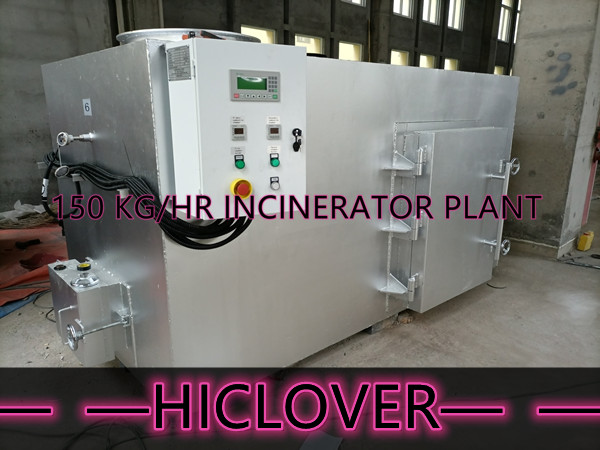The Role of Technology in Improving Clinical Waste Treatment Processes
Clinical waste, also known as healthcare or medical waste, is a type of waste generated in healthcare facilities such as hospitals, clinics, and laboratories. This waste includes potentially infectious materials, chemicals, radioactive materials, and pharmaceuticals, making it crucial to handle and treat this waste in a safe and efficient manner. Over the years, technology has played a vital role in improving clinical waste treatment processes, making them more sustainable, cost-effective, and environmentally friendly.
One of the key advancements in clinical waste treatment is the development of sophisticated waste management systems. These systems utilize cutting-edge technologies such as autoclaves, microwave systems, and advanced shredding and sterilization processes to safely and effectively treat clinical waste. Autoclaves, for example, use high-pressure steam to sterilize and disinfect waste, while microwave systems use electromagnetic radiation to break down organic materials. These technologies not only help in reducing the volume of waste but also minimize the risk of contamination and spread of infections.
Moreover, technology has also contributed to the development of innovative waste-to-energy solutions for clinical waste treatment. Waste-to-energy systems use thermal or biological processes to convert clinical waste into electricity, heat, or fuel. This not only reduces the volume of waste that ends up in landfills but also provides a sustainable source of energy. Additionally, these systems help in reducing greenhouse gas emissions and minimizing the environmental impact of clinical waste treatment.
Furthermore, the incorporation of digital technologies in waste management has also greatly improved clinical waste treatment processes. For instance, the use of advanced tracking and monitoring systems allows healthcare facilities to efficiently manage and track the movement of clinical waste from the point of generation to its final disposal. This ensures compliance with regulations and standards, as well as providing transparency and accountability in waste management practices. Additionally, digital technologies help in analyzing and optimizing waste treatment processes, leading to increased efficiency and cost savings.
Another important role of technology in clinical waste treatment is the development of safer and more sustainable disposal methods. For instance, the use of environmentally friendly and biodegradable packaging materials for clinical waste helps in reducing the environmental impact of waste disposal. Additionally, innovative methods such as chemical disinfection and encapsulation technologies help in rendering clinical waste less hazardous, making it safer for final disposal.
In conclusion, technology has significantly improved clinical waste treatment processes by offering innovative waste management systems, waste-to-energy solutions, digital tracking and monitoring systems, and safer disposal methods. These advancements not only contribute to reducing the environmental impact of clinical waste treatment but also enhance the safety and efficiency of waste management practices in healthcare facilities. As technology continues to evolve, it is expected that even more advanced and sustainable solutions will emerge, further revolutionizing the field of clinical waste treatment.



